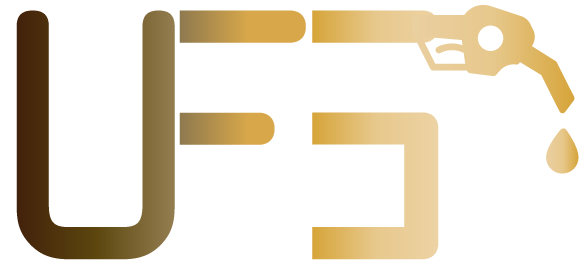Over the past few years we have seen a sudden, dramatic, and around the world we increase in the filter that covers trends. What have you changed? Oil supply and environmental concerns have caused major changes in fuel production, such as slashing, mixing, low extreme sulphur, and the introduction of biofuels.
THE SOURCE OF ENGINE PROBLEMS
Over the past few years we have seen a sudden, dramatic, and around the world we increase in the filter that covers trends. What have you changed? Oil supply and environmental concerns have caused major changes in fuel production, such as slashing, mixing, low extreme sulphur, and the introduction of biofuels.
These changes have negatively impacted the inherent stability of our fuel and significantly shortened its shelf life. Additives, storage, and transportation challenges further accelerate the fuel degradation process.
Diesel is a very complex fluid…
It is not homogeneous and no two batches will ever be identical. Fuel deterioration, filterability and shelf life depend on a variety of factors including good housekeeping. The breakdown of fuel is also dramatically accelerated by changes in temperature, water, microbial contamination, and exposure to heat and pressure from the engine injection system.
Fuel shelf life and filter clogging tendencies depend on a series of factors such as:
- transportation and storage
- natural oxidation and breakdown
- the source of the crude oil
- use of production additives
- the addition of biofuel
- temperature
- external contamination
Not all fuel sent to a diesel engine is burned. A portion of the supplied fuel will flow past the injectors and back into the tank. Fuel breakdown is accelerated by the hot fuel that the engine returns to the tank. Hot return fuel and condensation are important contributors to bad fuel within a storage tank. Inadequate maintenance programs and fuel testing can result in quick breakdown and contamination of stored fuel.
What is required for optimal fuel quality?
Although there are commercial additives that can treat symptoms, the problem doesn’t get solved. Fuel requires an active treatment process that will not only mitigate the effects of natural fuel degradation, but also remove contaminants and improve the fuel quality. Three major steps to optimal fuel quality are:
Filtration – the process of removing particulate (organic and non-organic)
Separation – the removal of water from the fuel
Polishing / Conditioning – the optimization of the fuel itself
By introducing an UFS fuel maintenance system and regular treatments with our fuel additives, fuel will be restored, and maintained, at a pristine and optimal quality – ready when you need it the most.
